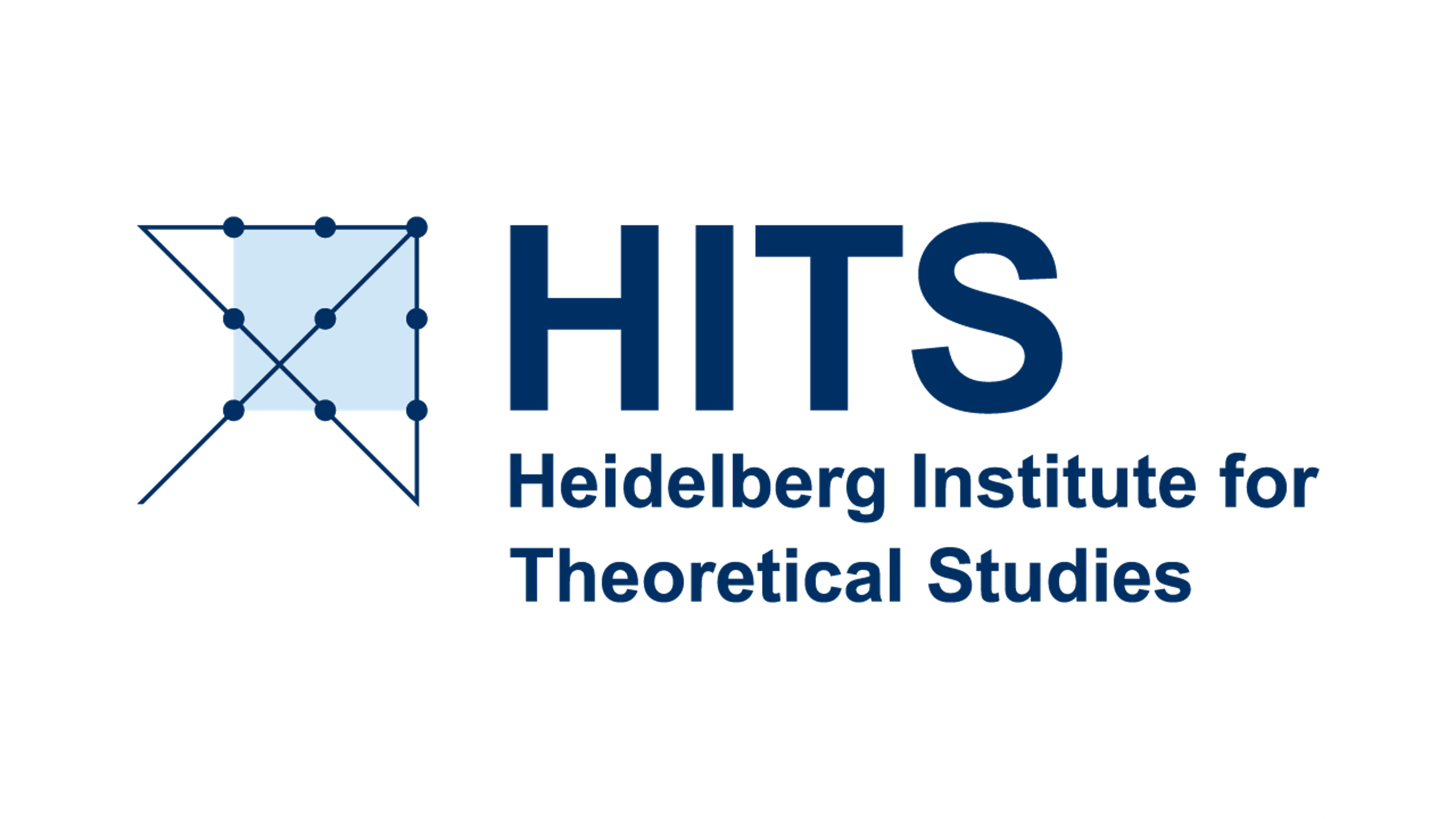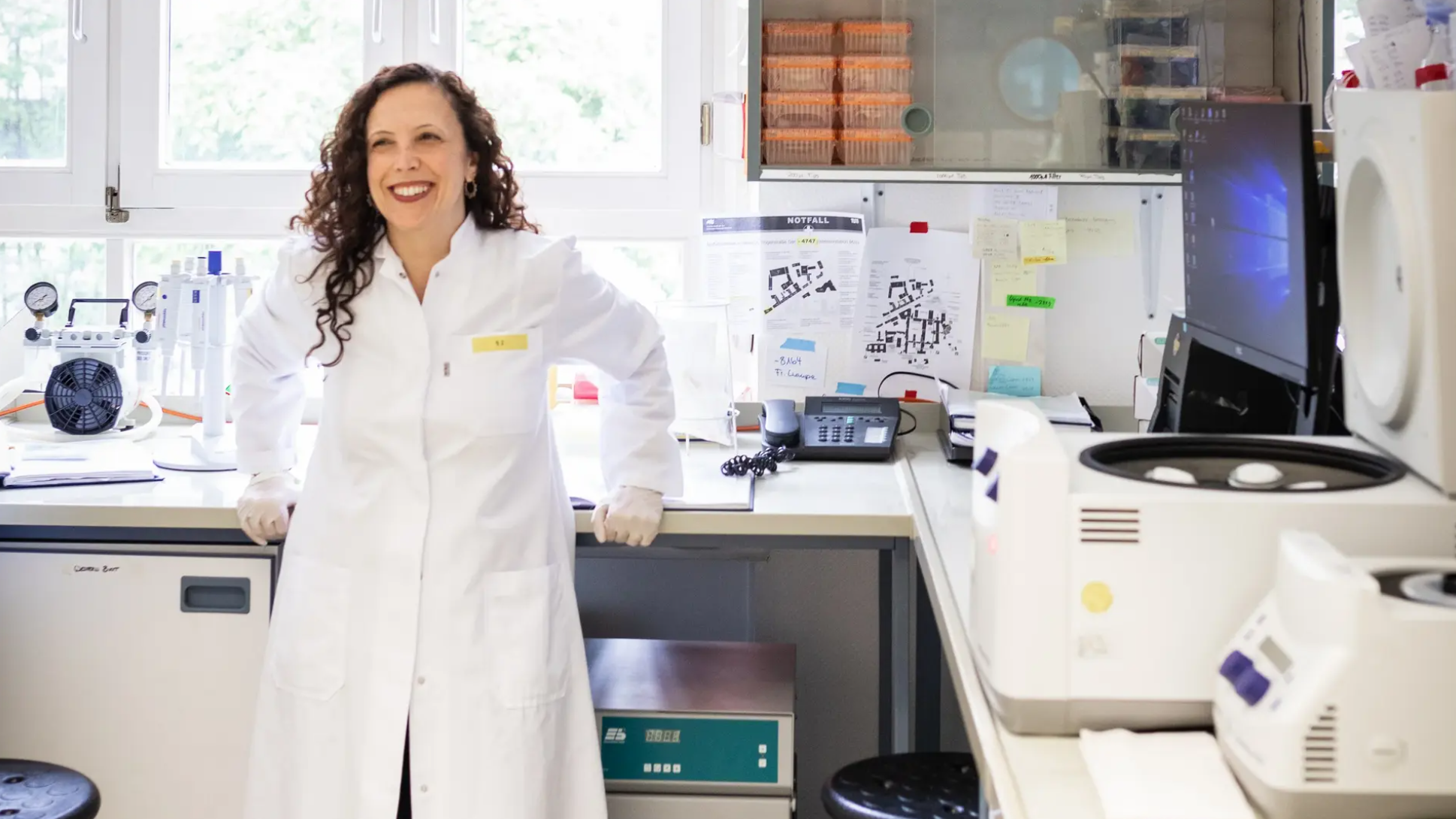Phylogenetic trees, biodiversity and research policy: “Highly Cited Researcher“ at HITS

For ten years running, computer scientist Alexandros Stamatakis from the Heidelberg Institute for Theoretical Studies (HITS) has been identified as one of the most cited researchers worldwide, according to this year’s “Highly Cited Researchers” list from Clarivate. The ranking is an important indicator for the impact of a researcher’s scientific publications. But Stamatakis is also active in shaping science politics.
Computer scientist Alexandros Stamatakis from the Heidelberg Institute for Theoretical Studies (HITS) again belongs to the most cited researchers worldwide, based on a study by Clarivate Analytics. As he has obtained an ERA chair project (European Research Area) to establish a novel computational biodiversity research group in Crete, Greece, he is listed in the ranking with a primary affiliation at the Foundation for Research & Technology – Hellas (FORTH), while his secondary affiliation remains with HITS. The ranking constitutes an important indicator for the impact of a researcher’s scientific publications. The citations of their publications rank cumulatively among the top one percent in their fields and publication years. The list currently comprises 6,868 researchers from 60 countries, among them 363 researchers from Germany and 9 from Greece.
For Alexandros Stamatakis, this marks a special anniversary: For ten years running, he has earned this exclusive distinction, based on the number of highly cited papers he produced over an 11-year period from January 2014 to December 2024. This year, he is one of the 314 individuals listed in the category “Biology and Biochemistry,” which emphasizes the interdisciplinary dimension of his work.
Scalable software for huge biological datasets
Alexandros Stamatakis develops software for analyzing huge biological datasets. His research focus lies on the development of scalable methods and software for the analysis of molecular sequence data. Stamatakis´ publications have made a substantial contribution to current evolutionary biology. His work covers, for instance, software for inferring evolutionary trees, the evaluation and use of emerging parallel computer architectures, the evolution of cancer cells, and the statistical classification of bacteria. Alexandros Stamatakis has reconstructed the evolutionary trees of insects and birds in two international research projects. In 2022, he earned an ERA Chair by the European Union. Since early 2023, he has been establishing the new Biodiversity Computing Group (BCG) at the Institute of Computer Science at the Foundation for Research and Technology Hellas. BCG collaborates closely with local Biodiversity Research centers, namely the Hellenic Center for Marine Research and the Natural History Museum of Crete, and has maintains close ties with the Computational Molecular Evolution research group at HITS, as well as the KIT computer science department .
Research Policy: “Brain gain”, “specimen drain” and a female professors’ program
During his time in Crete, Stamatakis has also become active in the area of shaping research policy. This is based on the institutional role of ERA chairs that should encourage institutional reforms in their host country. His aim was to foster “brain gain” by attracting young international scientists to Greece. Together with local colleagues, he published several articles, among them a peer-reviewed political science paper on “Necessary reforms in the Greek academic system” in Frontiers in Political Science. With his close colleague and friend, Nikos Poulakakis (director of the Natural History Museum of Crete) he also introduced the term “specimen drain,” setting the agenda for the phenomenon of poor countries’ exportation of important biodiversity or archeological specimens to research centers in the Global North. Moreover, Stamatakis worked on establishing a “National Female Professors and Researchers Program” in Greece, leading an initiative that submitted the proposal to the respective ministries.
Alexandros Stamatakis has been in charge of the “Computational Molecular Evolution” research group at HITS since 2010, and has been a full Professor for High Performance Computing in the Life Sciences at the Institute for Theoretical Informatics at the Karlsruhe Institute of Technology (KIT) since 2012. For the duration of the ERA chair project, Alexandros Stamatakis is an associated group leader at HITS and a full professor on leave at KIT where he nonetheless maintains his regular teaching activities. He will return to Germany in early 2028.
The ”who is who” of influential researchers
The citation number is an indicator for the scientific impact of a paper. The “Highly Cited Researchers” list is published by the U.S. company Clarivate Analytics. The annual list identifies researchers who demonstrated significant influence in their chosen field or fields through the publication of multiple highly cited papers during the last decade. Their names are drawn from the publications that rank in the top 1% by citations for field and publication year in the “Web of Science” citation index. The methodology that determines the “who’s who” of influential researchers draws on the data and analysis performed by bibliometric experts and data scientists at the Institute for Scientific Information at Clarivate. It also uses the tallies to identify the countries and research institutions where these scientific elite are based.
The full 2024 Highly Cited Researchers list and executive summary can be found online https://clarivate.com/highly-cited-researchers/




